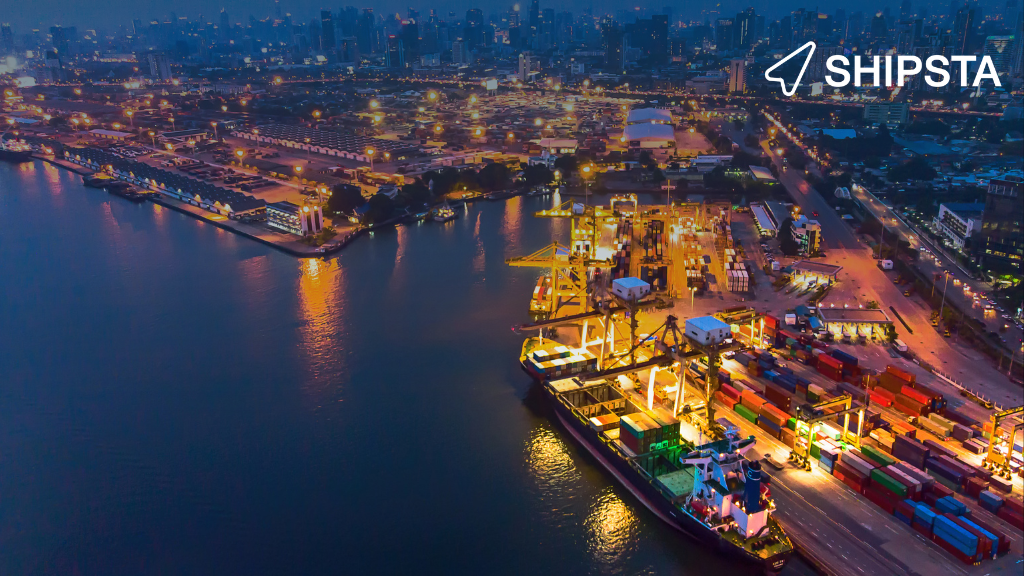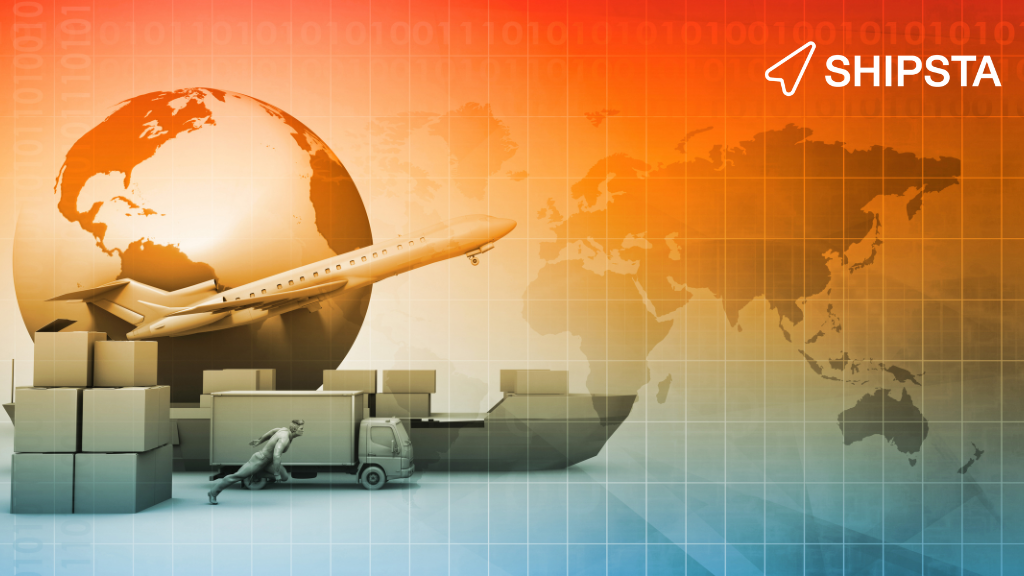If you’re in the market for an eProcurement platform for your freight procurement processes, the sheer number of options can be overwhelming.
Nowadays, there are a number of eProcurement platforms claiming to work for freight buying. However, there’s an easy way to whittle down your options to find the best fit for your team: look for a platform specializing in logistics..png?width=500&height=281&name=MicrosoftTeams-image%20(21).png)
Choosing a generic procurement platform means you’ll miss out on the logistics-specific features that simplify the complex process of freight buying. Here are 5 key benefits you get when you choose a logistics-specialized platform over generic ones for freight procurement.
1. Streamlined and transparent rate management
.png?width=320&height=320&name=MicrosoftTeams-image%20(16).png)
To stay within budget and hit target, you have to secure the best rates possible for your key lanes. But with the average supply chain often containing hundreds of lanes and many complex routes, this is difficult to manage.
This is where logistics-specialized software can be a game changer. Today’s leading freight procurement platforms can enhance your decision-making by centrally managing your current and historical freight rates for all modes of transport and LSPs. You can even set up alerts to get notified when key lanes reach a specific goal price – so you can tender at the perfect moment and stay ahead of market volatility.
Generic eProcurement platforms are designed for buying many different materials and business necessities, thus, don’t have the capacity to offer this niche freight procurement feature.
2. Centralized data to identify market opportunities
.png?width=320&height=320&name=MicrosoftTeams-image%20(17).png)
In the complex process of freight procurement, there are various dependencies, requirements and criteria to be considered, which only increase as your organization grows. Generic sourcing platforms can allow you to have a reactive approach to market volatility, capacity limitations, and even geopolitical or environmental issues, but is that enough?
Specialized freight procurement platforms centralize all your data into one place to ease the analysis and decision-making process and allow you to focus on strategy instead of spending too many hours on execution.
Platforms like these can also further boost your freight procurement strategy with advanced features for freight tendering.
3. Time and cost savings through automated workflows
Generic procurement platforms are not designed to cater to freight procurement events.
However, specialized freight procurement platforms allow you to automate and customize your workflows as per your business needs, thus saving time and costs spent on repetitive or manual tasks, and even launching RfQs within minutes! To top it off, you can automate your fuel updates as well. We know it’s time-consuming to calculate the new fuel, get it approved by the LSP and add it to the rate card.
But with logistics-specialized platforms, you can automatically notify your LSPs of the updated fuel card and get the rate approvals centrally. You can further optimize costs through data transparency and real-time market benchmarking.
Explore here how enterprises like Holcim are optimizing their execution power through specialized platforms like SHIPSTA.
4. Integration with any legacy platforms through flexible APIs
Freight procurement is a highly complex process with multiple stakeholders, numerous data sources, and dependence on various systems across the organization.
Generic or limited procurement softwares are, unfortunately, not built to handle this level of complexity.
Logistics-specialized platforms, on the other hand, focus on an integrated approach from strategy to execution, and ensure seamless connectivity with customer environments, transport management systems, or ERP systems.
Dealing with stand-alone modules and fragmented systems that don't operate well together? Talk to our logistics experts to make your life easier today!
5. Incorporation and visibility of sustainability related KPIs
With the increased governmental regulations regarding carbon emissions, sustainability and green procurement have become key factors in decision making processes as well as an important metric to monitor.
Specialized freight procurement platforms have features like CO2 calculator and modules dedicated to green procurement which can allow you to gain instant visibility on your carbon emissions, even uncovering which transport types, lanes and specific shipments negatively impact your carbon footprint.
Features like intelligent dashboards provide logistics teams with instant visibility into carbon emissions, empowering them to integrate sustainability goals into the procurement strategy to reduce carbon footprint, resulting in a positive impact and staying on top of competitors through smart green procurement.
With these benefits, it becomes imperative for freight procurement teams to invest in logistics-specialized procurement platforms instead of generic procurement tools.
Have more questions about your business-specific requirements and whether a specialized platform can meet all your needs? You can chat with our logistics experts today!
.png?width=320&height=320&name=MicrosoftTeams-image%20(18).png)
.png?width=320&height=320&name=MicrosoftTeams-image%20(19).png)
-1.png?width=320&height=320&name=MicrosoftTeams-image%20(20)-1.png)



